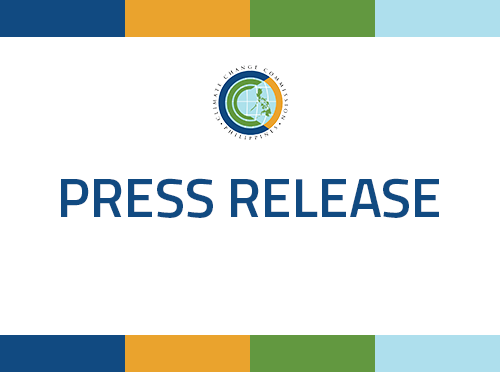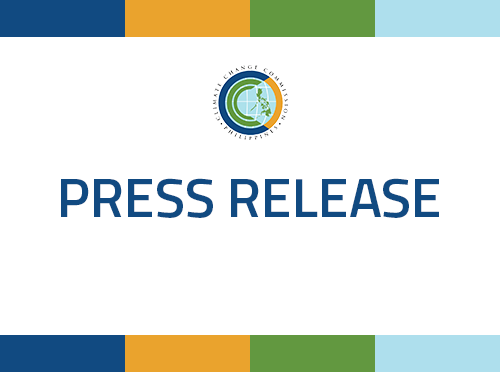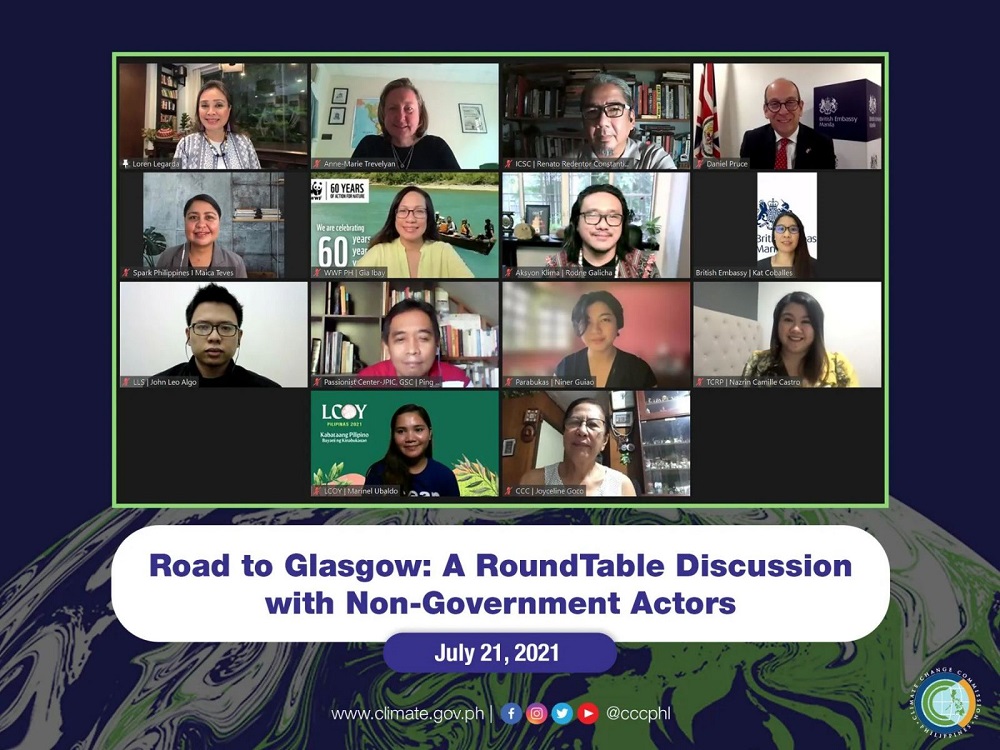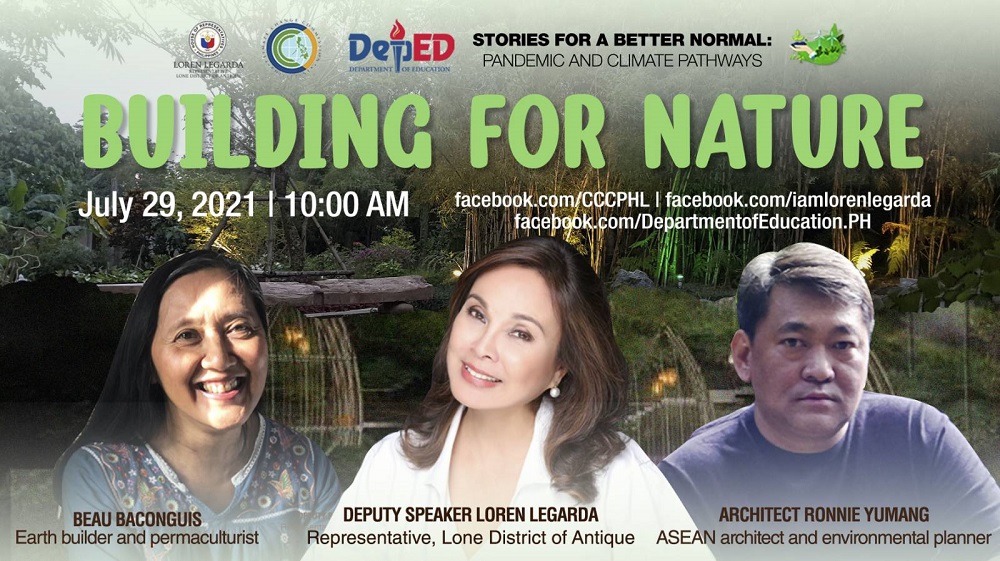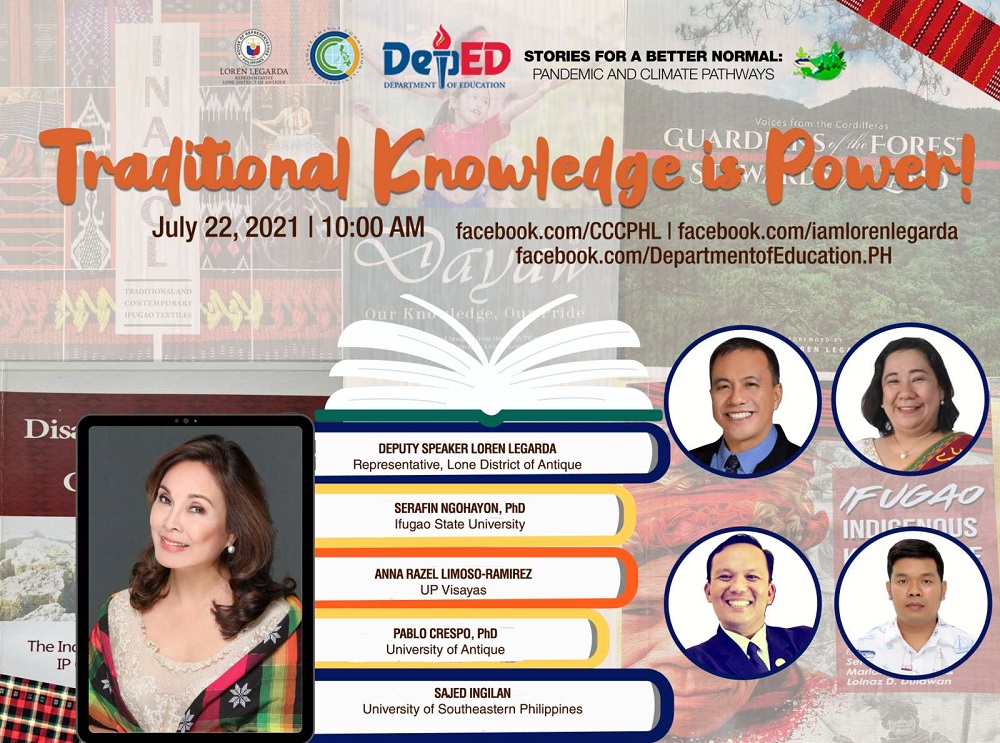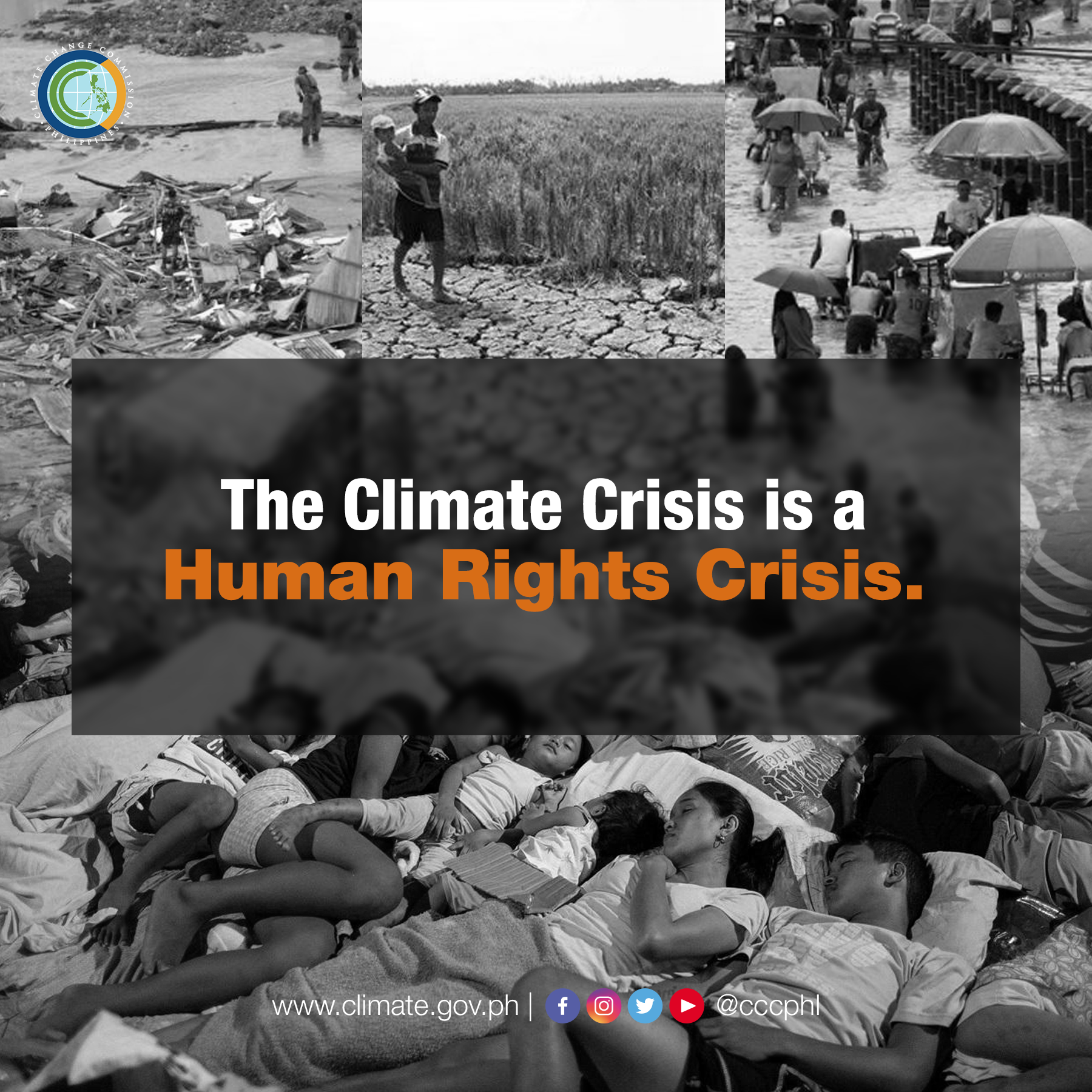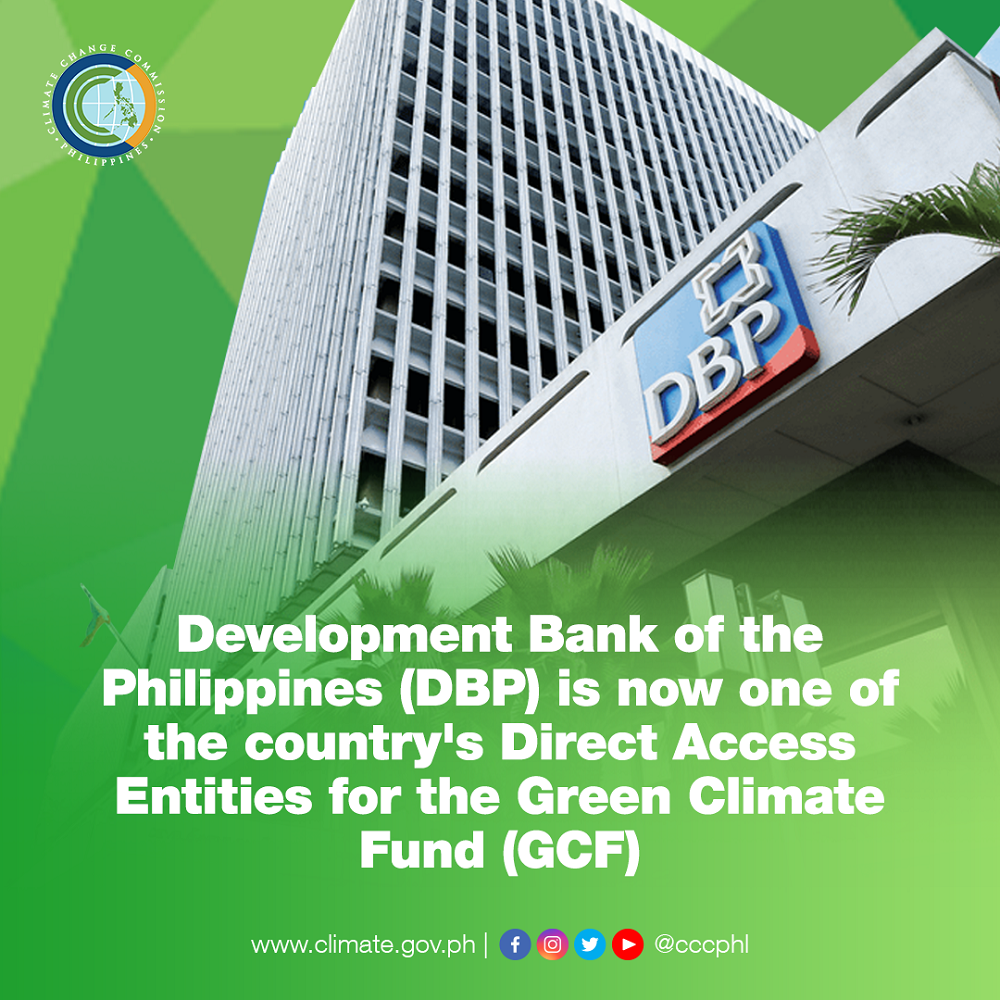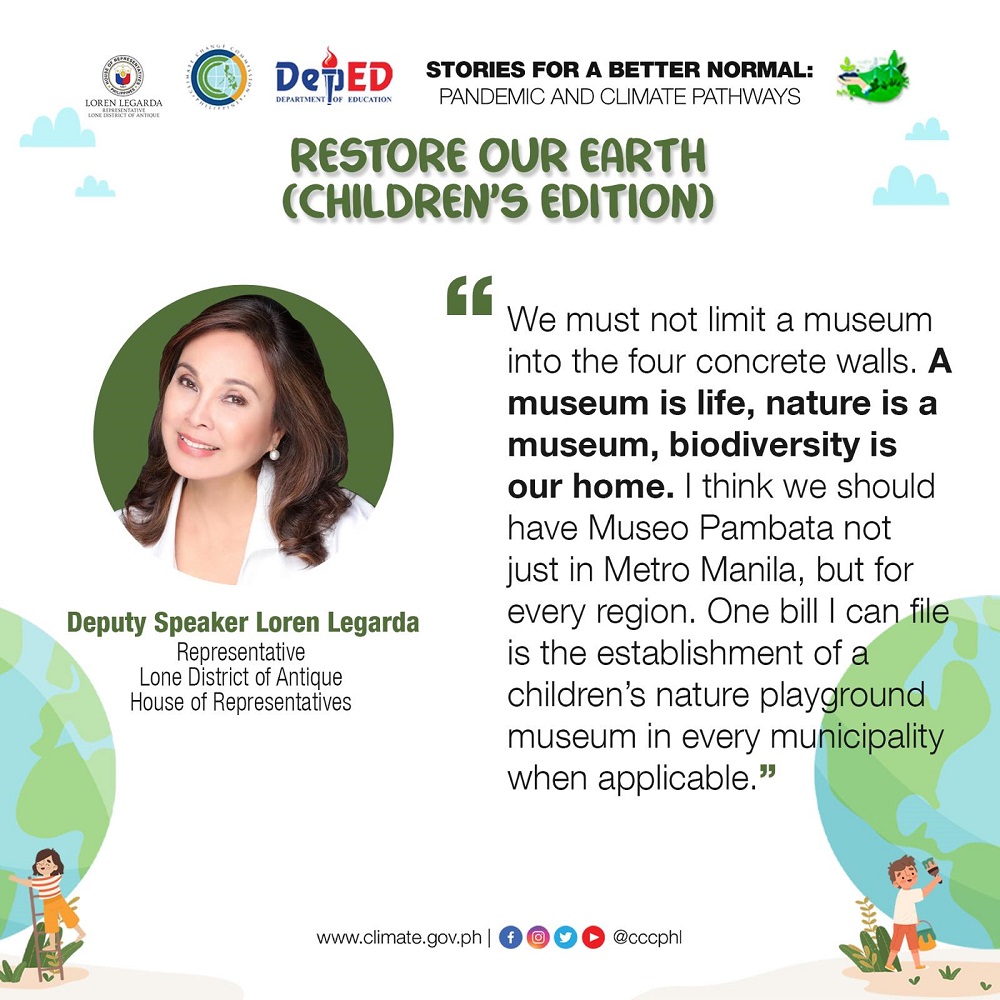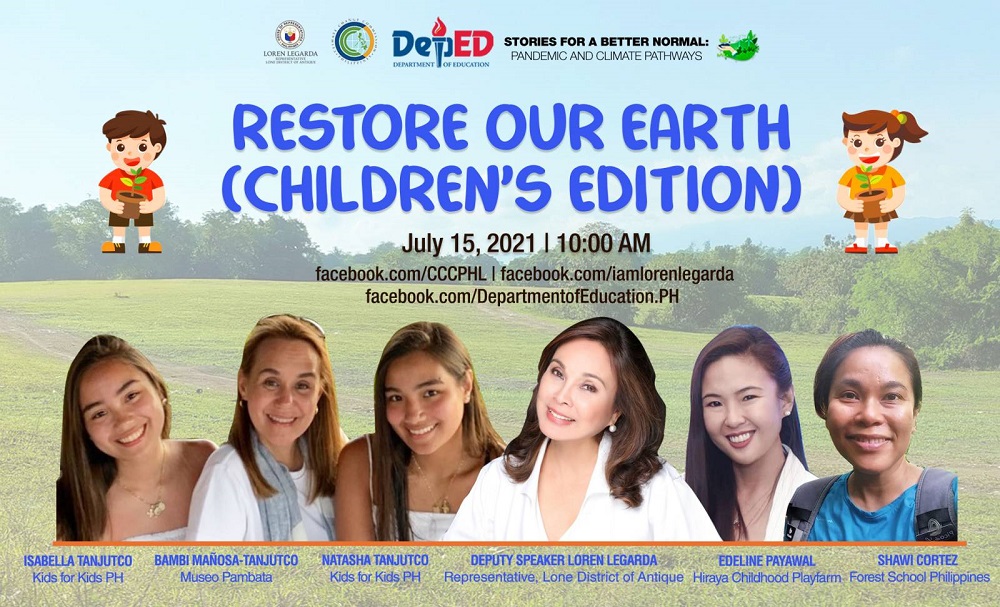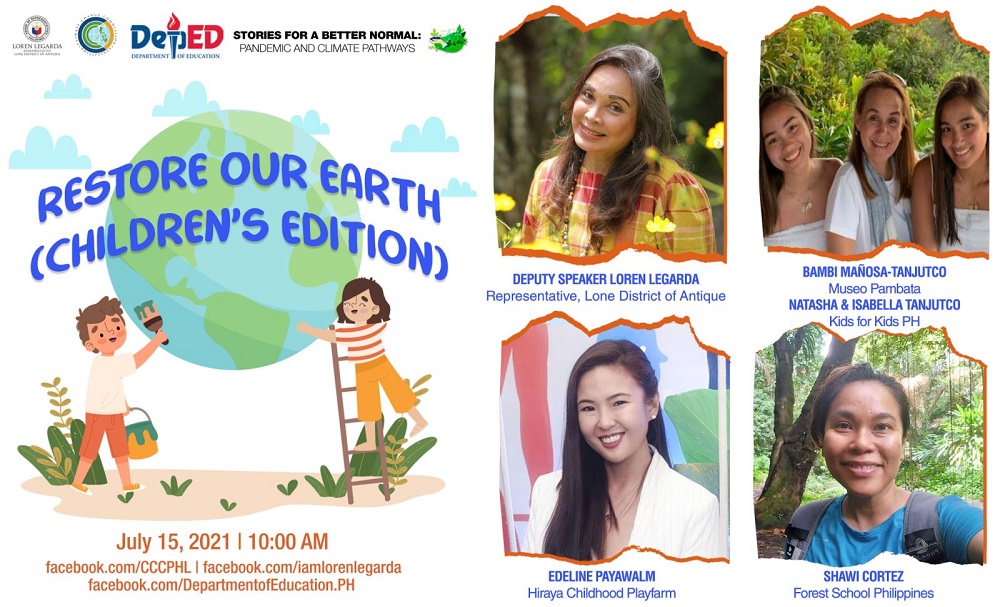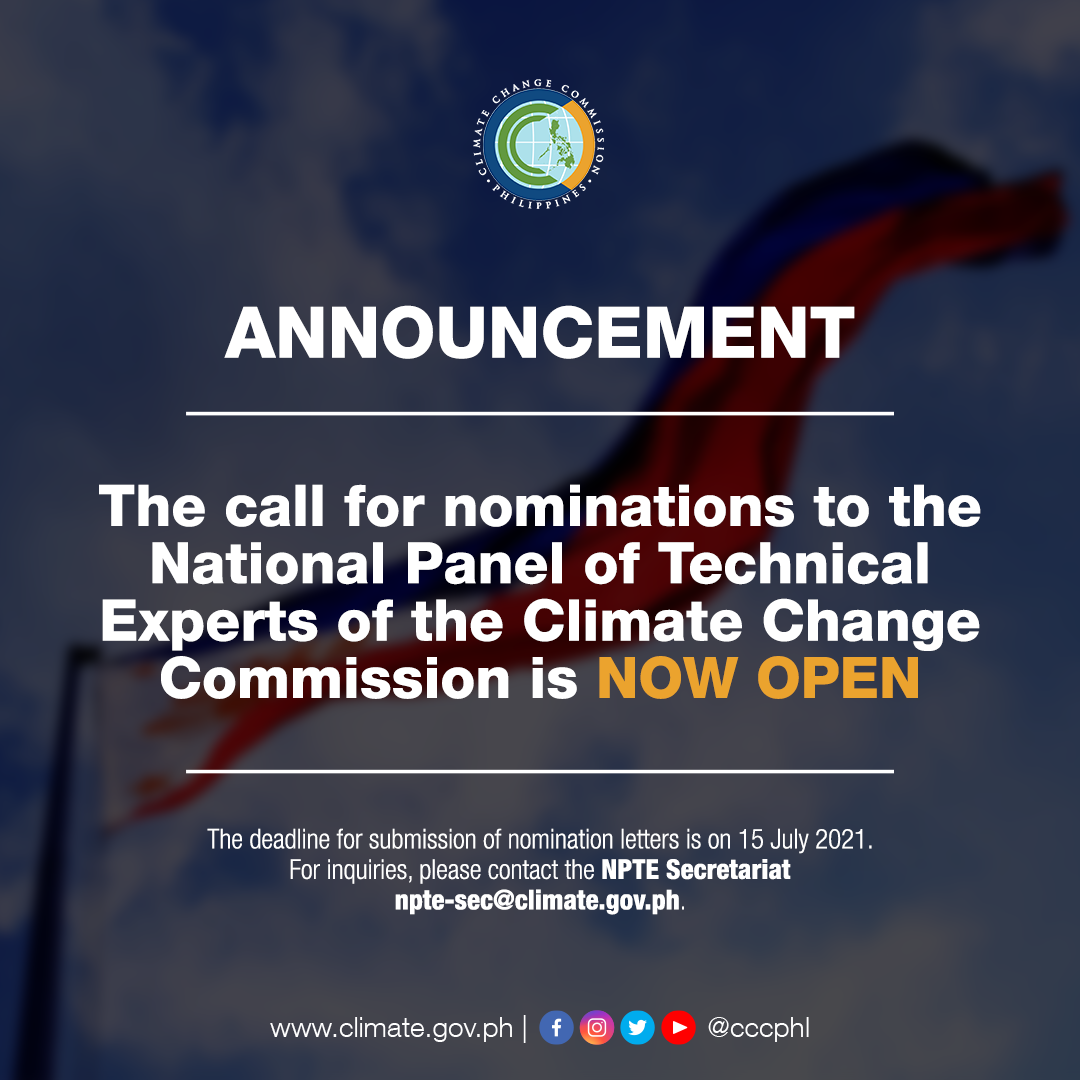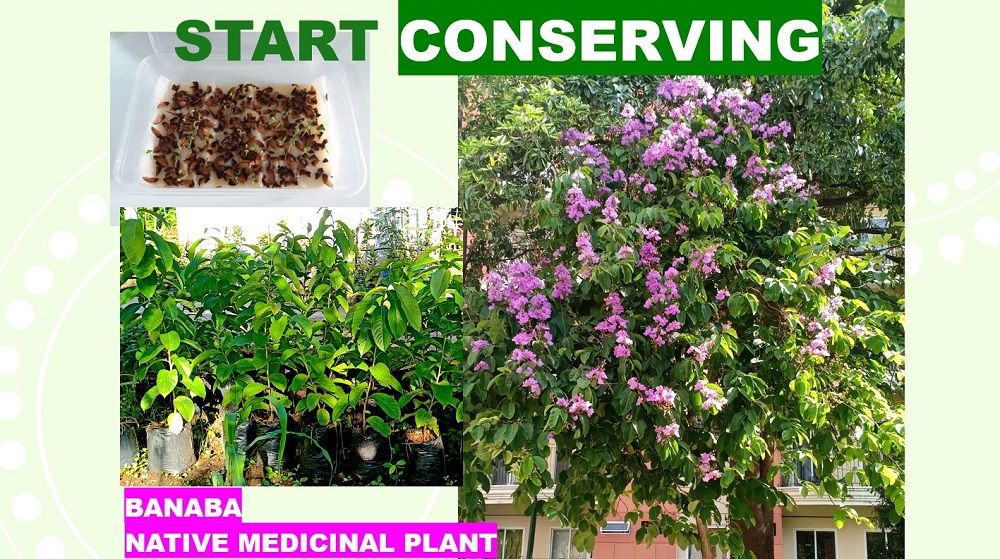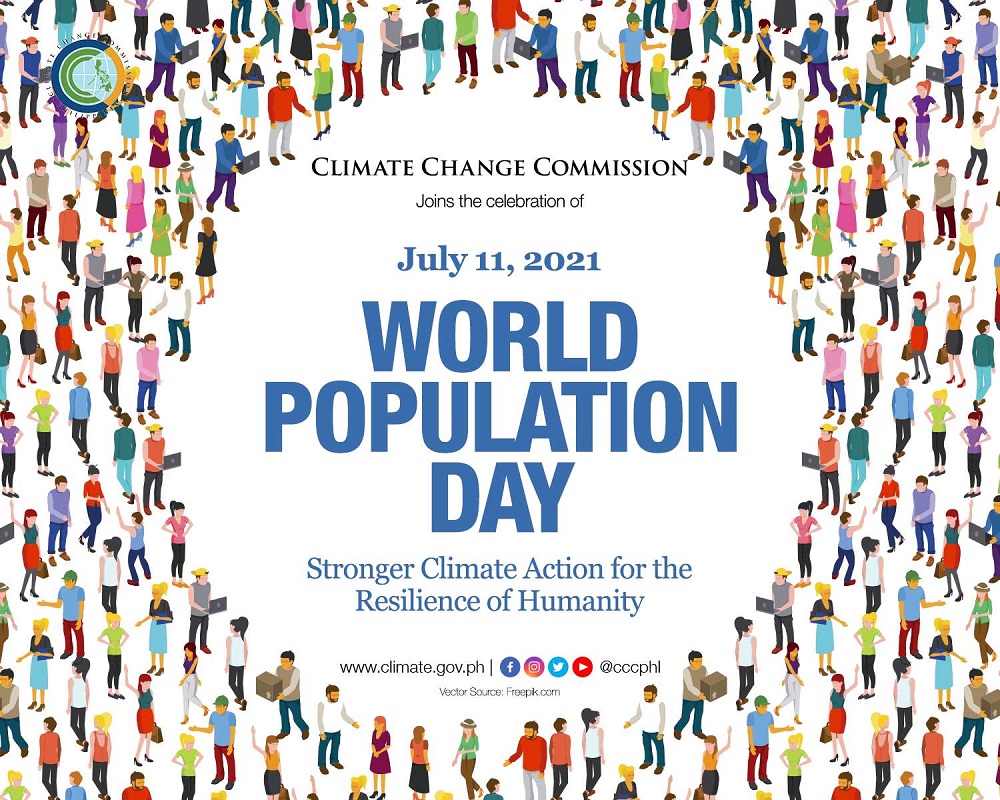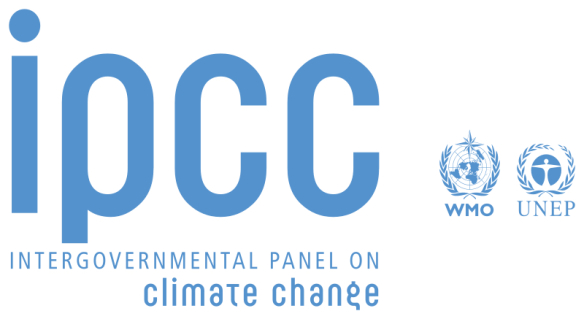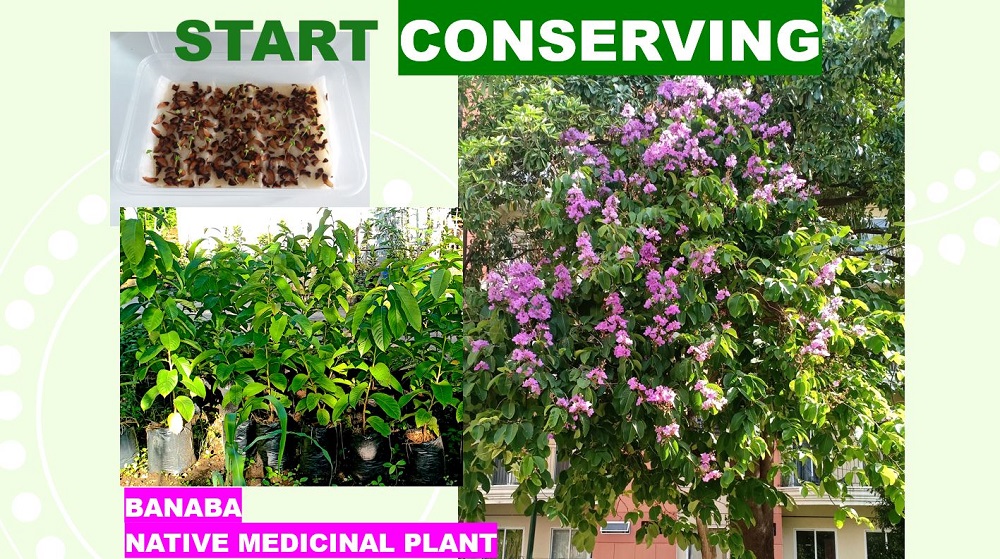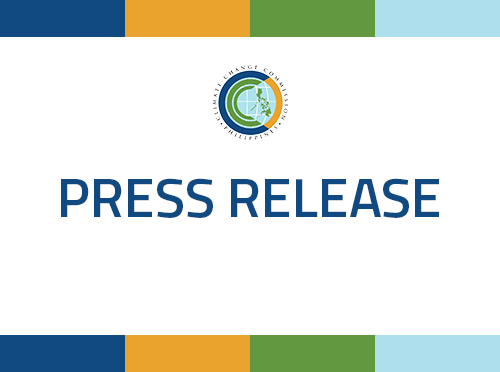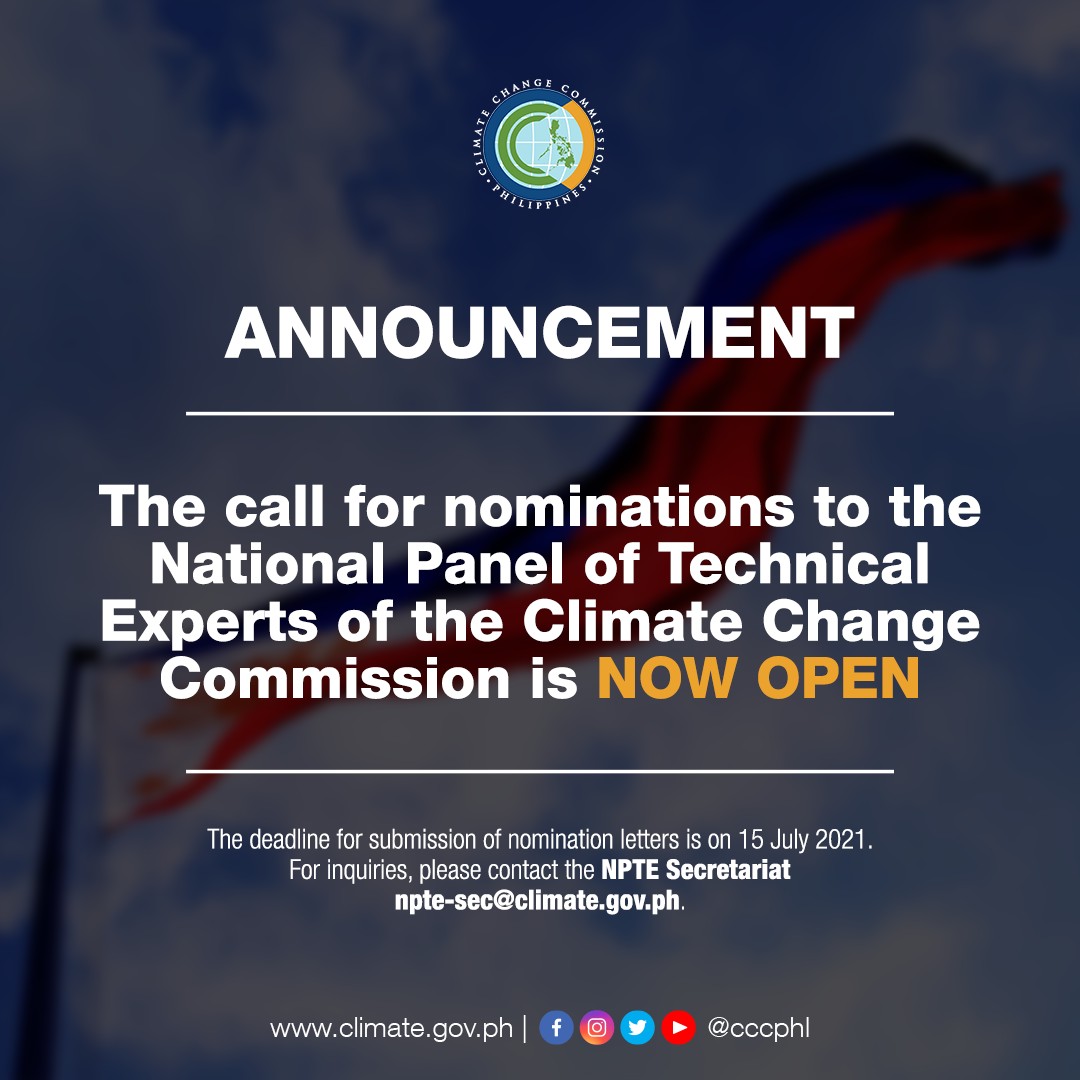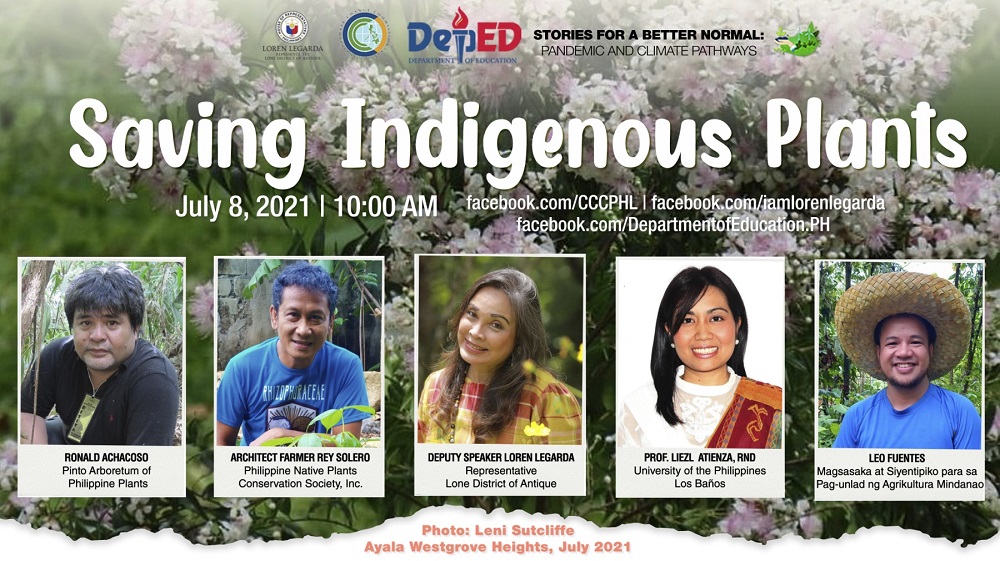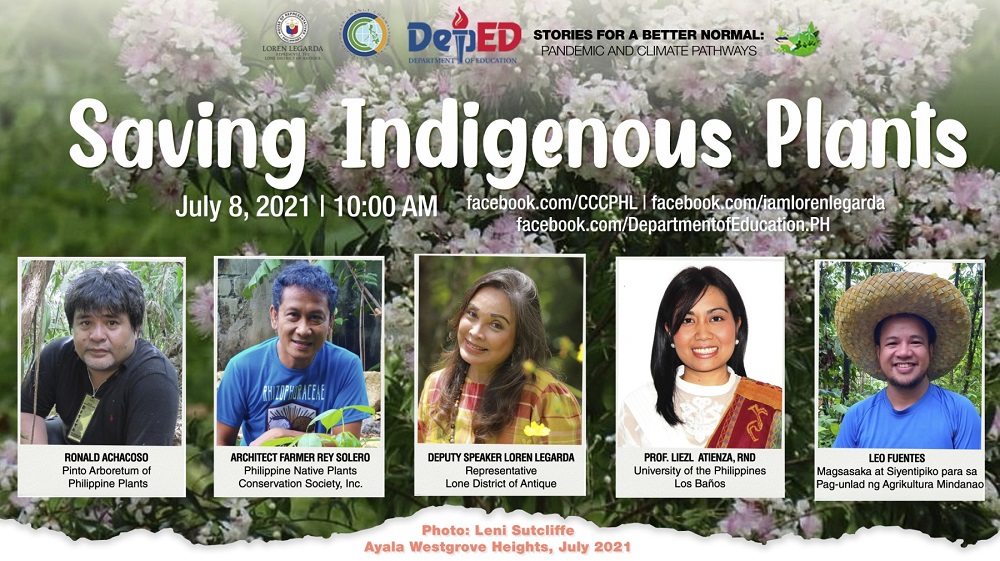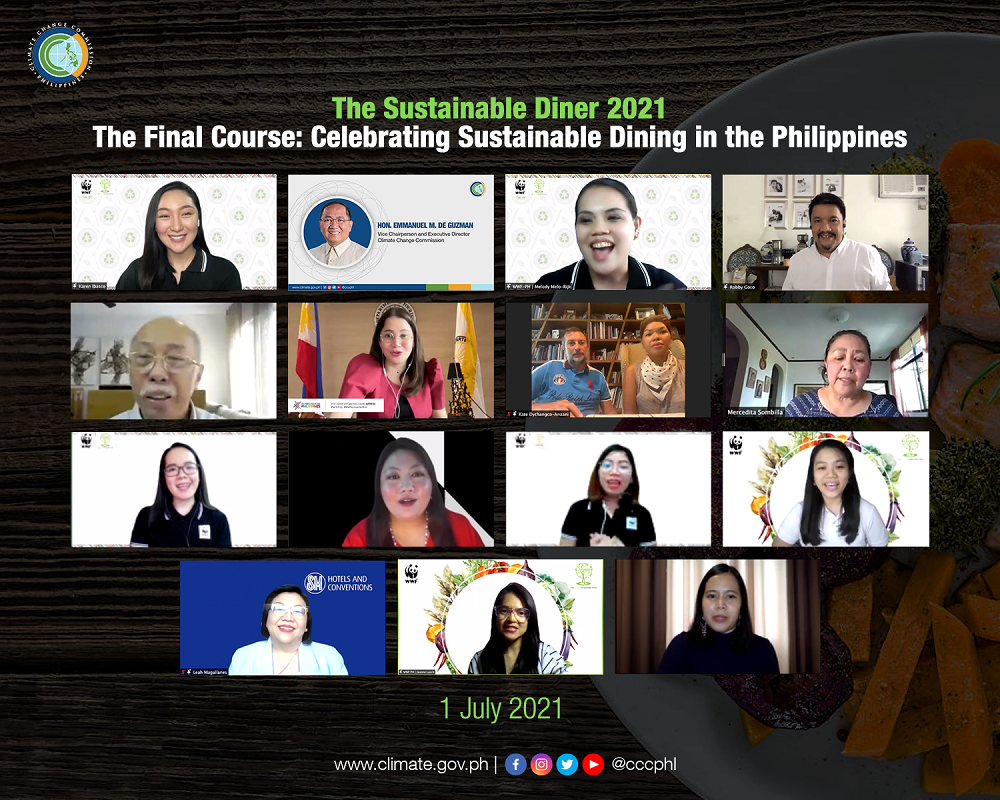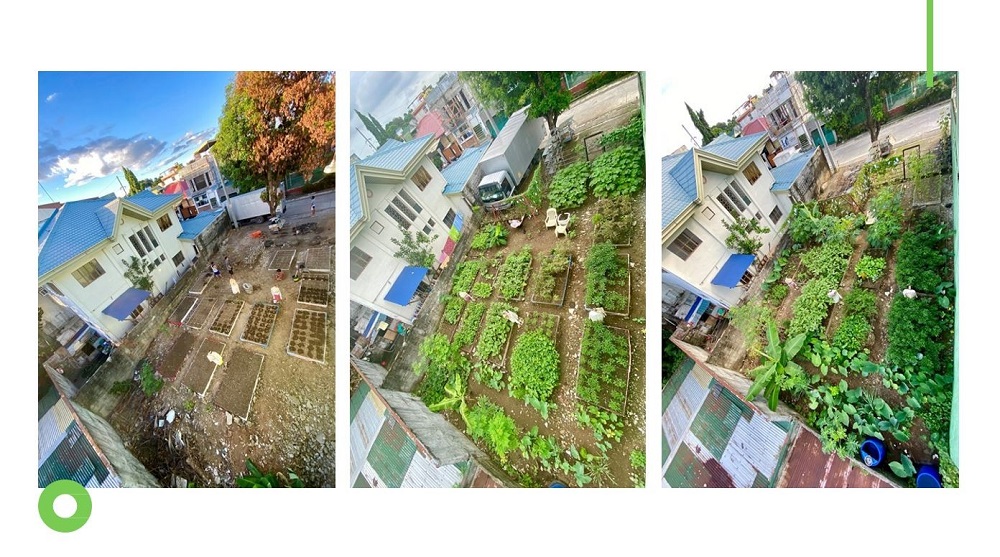MANILA, 8 July 2021 — The Climate Change Commission (CCC) announces its call for nominations for the National Panel of Technical Experts (NPTE).
The NPTE is composed of experts in various disciplines related to climate change that provides technical advice to the Commission in climate science, technologies, and best practices for risk assessment and enhancement of the adaptive capacity of vulnerable human settlements to potential impacts of climate change, in accordance with the RA 9729 or the Climate Change Act of 2009.
The call aims to enhance the nomination, selection, and appointment process of the NPTE membership to broaden the country’s pool of experts on climate change. This will also ensure the institutional, regional, and sectoral representation of the NPTE membership, with special consideration for gender balance.
Pursuant to the Rule VII of the Revised-Implementing Rules and Regulations of RA 9729, as amended and the CCC Resolution No. 2021-004, the CCC invites government agencies and offices, academic and research institutions, and other relevant stakeholders to nominate reputed experts, professionals and practitioners, in any of the following fields of discipline related to climate science, public policy and administration, and climate risk governance:
1. Natural sciences: Climate change science and meteorology, Earth science and oceanography, Natural science, Environment, biodiversity, and human ecology, Health, agriculture and food security, Water and hydrology, Climate change adaptation and mitigation, Disaster risk reduction and management, Renewable energy and sustainable energy, and Low-emission infrastructure and transport;
2. Social sciences: Sustainable development, Development planning and management, Sociology and anthropology, Geography, Political science, Demography and population studies, Development communication, and Ethnic studies, including gender policies;
3. Law: Environmental law, International climate diplomacy and negotiations, and International law;
4. Economics: Economics, Climate finance, Sustainable finance, Circular economy, Sustainable consumption and production, Ecological solid waste management, Sustainable delivery of goods and services, and Analysis of potential loss and damage and disruption of services from climate change risk or impacts;
5. Data science: Mathematics, Climate change risk assessment, Climate change data ecosystem and analytics, Greenhouse gas inventory, and Climate change expenditure tagging;
6. Governance: Implementation of policy frameworks and strategies, program and project management; National security administration; Policy research and development, Technology needs assessment; and Monitoring, evaluation and impact assessment of programs and projects related to climate change adaptation and mitigation and disaster risk reduction and management, with preference to those with relevant work in rural and coastal communities; and
7. Priority thematic areas of the National Climate Change Action Plan and other technical areas relevant to the mandates and work of the CCC.
The nominee must possess the following qualifications: (1) A Filipino citizen; (2) has a proven track record in his/her field of expertise; (3) has not committed plagiarism or has not been convicted of a crime of moral turpitude; (4) has no conflict of interest with the mandate of the CCC or NPTE, or shall endeavor to avoid any situation involving an actual conflict of interest, or the appearance of a conflict of interest; (5) has not taken any position against indigenous peoples; and (6) a reputed and a recognized authority on climate change or any of the above specific fields of discipline, as it relates to climate science, public policy, or risk governance.
The nomination must be in the form of a duly signed official letter addressed to the CCC, accompanied by documents that attest to the qualifications and integrity of the nominee. Any candidate for the NPTE shall be nominated by a government agency, an academic or research institution, civil society organization, or private sector stakeholder. Any private sector nominating institution or entity must be duly-registered within the Securities and Exchange Commission.
The deadline for submission of nomination letters is on or before Thursday next week, 15 July 2021. For updates and more information on the qualifications and requirements, visit the website and social media pages of the Climate Change Commission or contact the NPTE Secretariat at
[email protected].

